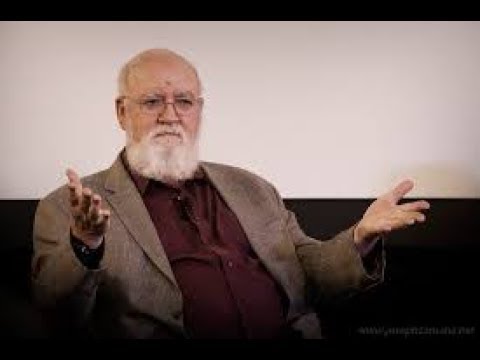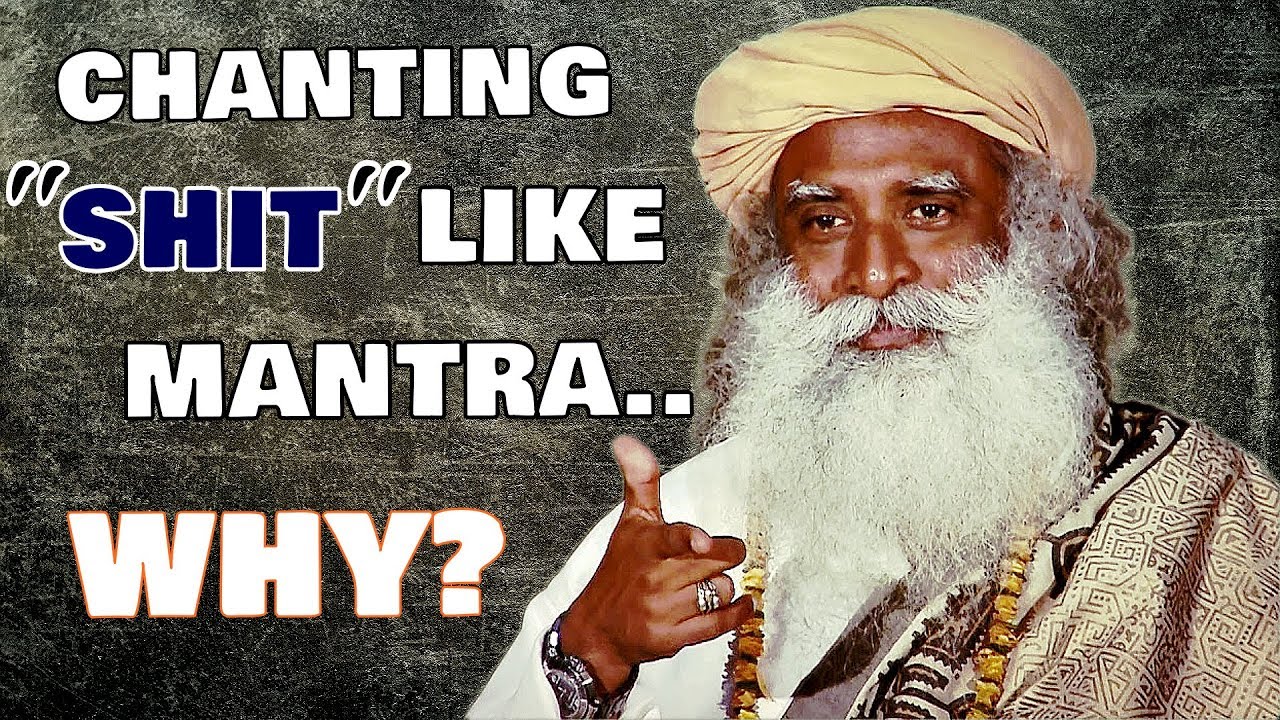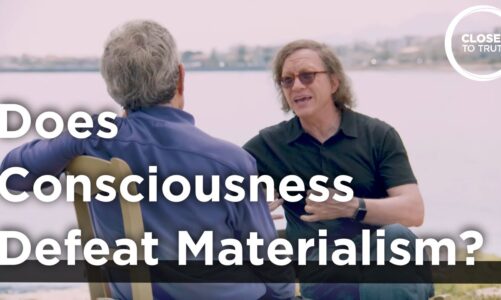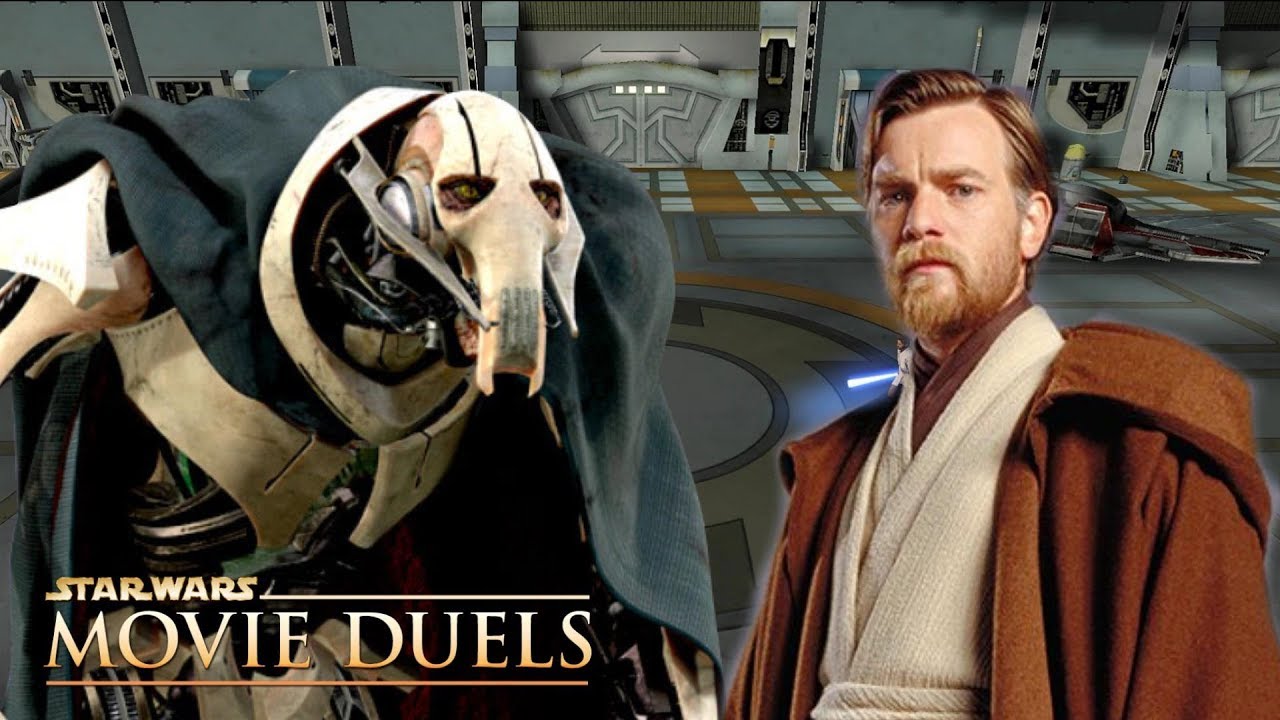Cosmos Minutes
SUBSCRIBE: https://www.youtube.com/channel/UCgYY8–wnXavkJvtSNinUEw
Serious thinkers contend that free will cannot exist in a deterministic universe — one in which events are the singular outcomes of the conditions in which they occur. The alternative view, that free will is prerequisite for personal responsibility and morality, is the basis of our legal and religious institutions.
Philosopher Daniel Dennett unravels this conundrum and asks whether we must jettison one of these notions, or whether they can co-exist. He then asks: if free will is an illusion, as many scientists say, should we conclude that we don’t need real free will to be responsible for our actions?
Daniel C. Dennett, the author of Breaking the Spell (Viking, 2006), Freedom Evolves (Viking Penguin, 2003) and Darwin’s Dangerous Idea (Simon &Schuster, 1995), is University Professor and Austin B. Fletcher Professor of Philosophy, and Co-Director of the Center for Cognitive Studies at Tufts University. He lives with his wife in North Andover, Massachusetts, and has a daughter, a son, and three grandchildren. He was born in Boston in 1942, the son of a historian by the same name, and received his B.A. in philosophy from Harvard in 1963. He then went to Oxford to work with Gilbert Ryle, under whose supervision he completed the D.Phil. in philosophy in 1965. He taught at U.C. Irvine from 1965 to 1971, when he moved to Tufts, where he has taught ever since, aside from periods visiting at Harvard, Pittsburgh, Oxford, and the École Normale Supérieure in Paris.
His first book, Content and Consciousness, appeared in 1969, followed by Brainstorms (1978), Elbow Room (1984), The Intentional Stance (1987), Consciousness Explained (1991), Darwin’s Dangerous Idea (1995), Kinds of Minds (1996), and Brainchildren: A Collection of Essays 1984-1996 (MIT Press and Penguin, 1998). Sweet Dreams: Philosophical Obstacles to a Science of Consciousness, was published in 2005 by MIT Press. He co-edited The Mind’s I with Douglas Hofstadter in 1981. He is the author of over three hundred scholarly articles on various aspects on the mind, published in journals ranging from Artificial Intelligence and Behavioral and Brain Sciences to Poetics Today and the Journal of Aesthetics and Art Criticism.
He gave the John Locke Lectures at Oxford in 1983, the Gavin David Young Lectures at Adelaide, Australia, in 1985, and the Tanner Lecture at Michigan in 1986, among many others. He has received two Guggenheim Fellowships, a Fulbright Fellowship, and a Fellowship at the Center for Advanced Studies in Behavioral Science. He was elected to the American Academy of Arts and Sciences in 1987.
He was the Co-founder (in 1985) and Co-director of the Curricular Software Studio at Tufts, and has helped to design museum exhibits on computers for the Smithsonian Institution, the Museum of Science in Boston, and the Computer Museum in Boston.
Credits: https://www.santafe.edu/
Donate at: https://www.santafe.edu/engage/support/give-now
Source




The acceptance of a $100 bill as currency, despite the universally known fact that it is essentially a worthless piece of paper, is a necessary and useful social construct. Without it (or something similar), society would fall apart, because we'd have to fall back on a primitive barter system, such as trading 5 pigs for a cow (if both parties were agreeable). The cow's owner would have to know the current value of his cow as compared to many different possible trade goods, rather than simply in terms of one thing – currency, which can be used in buying or selling all of them. In a perfect world, however, the cow's owner would not need currency, because he would know exactly what the buyer has which could be traded for the cow.
The same may be said of the concepts of free will and moral responsibility. Despite the increasingly recognized fact that they don't exist, we view them as useful in the same way that we collectively value $100 bills. We treat those who act beneficially as "good" and those who act destructively as "evil" as useful oversimplifications, because generally, we can not take account of the myriad causes which determine a person's actions. Once again, in a perfect world, we would know and take account of all of the millions of causes which made a person "good" or "evil", so that the social construct of free will would not be necessary.
Humans have progressed to the point where they are beginning to understand that free will does not exist, but we are not ready to dispense with it as a useful social construct. Until we are, it would seem reasonable qualify our evaluation of others' actions with a humanely skeptical understanding that some people are luckier than others.
Bueno: mucho, mucha bueno! Bueno: mucho, mucha bueno! Good epistemological theory of self-consciousness and objective ontology and axiology. I am curious, however, to know what do you think of "free will" in connection to the materialist conception of history and consciousness? "Life is not determined by consciousness, but consciousness by life. Morality, religion, metaphysics, all the rest of ideology and their corresponding forms of consciousness, thus no longer retain the semblance of independence. The ideas which these individuals form are ideas either about their relation to nature or about their mutual relations or about their own nature. It is evident that in all these cases their ideas are the conscious expression – real or illusory – of their real relations and activities, of their production, of their intercourse, of their social and political conduct.( Marx-Engels: The German Ideology)
"What is society, irrespective of its form? The product of man's interaction upon man. Is man free to choose this or that form of society? By no means. If you assume a given state of development of man's productive faculties, you will have a corresponding form of commerce and consumption. If you assume given stages of development in production, commerce or consumption, you will have a corresponding form of social constitution, a corresponding organisation, whether of the family, of the estates or of the classes—in a word, a corresponding civil society. Needless to say, man is not free to choose his productive forces—upon which his whole history is based—for every productive force is an acquired force, the product of previous activity. Thus the productive forces are the result of man's practical energy, but that energy is in turn circumscribed by the conditions in which man is placed by the productive forces already acquired, by the form of society which exists before him, which he does not create, which is the product of the preceding generation." ( Letters: Letter from Marx to Pavel Vasilyevich Annenkov)
"In the social production of their existence, men inevitably enter into definite relations, which are independent of their will, namely relations of production appropriate to a given stage in the development of their material forces of production. The totality of these relations of production constitutes the economic structure of society, the real foundation, on which arises a legal and political superstructure and to which correspond definite forms of social consciousness. The mode of production of material life conditions the general process of social, political and intellectual life. It is not the consciousness of men that determines their existence, but their social existence that determines their consciousness." (Economic Manuscripts: Preface to A Contribution to the Critique of Political Economy
)
"Dan is ranked #5 among the world's global thinkers" … what?
Does anyone think its strange that human history has been very short in comparison to the age of the universe and why now and has it happened ever before ?
When was this recorded? I mean, 360p doesn't even qualify as a potato cam in 2018.
Joseph, why do you think a person cannot go to a place where the social conditions are different?Unless you are a Muslim and want to go to the U.S.
Austin screwed up.
B.
The fact that there is activity in the brain BEFORE it's called consciousness does not disprove free will. Consciousness is an emergent property, and the "wiring" of our minds will dictate if we respond in a way that is funny, intelligent or bat shit crazy. The room around you looks real enough, but from moment to moment, only a tiny portion is actually "real." The rest is just a construction in your mind that gets updated as you glance around. Does that mean that reality is not real? It's the same as the paper money argument, and it's stupid.
Morality is anything natural. Or, moral actions are natural. So, a fish that swims, a bird that catches a worm, and a wolf that kills and eats a rabbit. Free will, or so we might imply, is the ability to act in a way that is not moral. That is not the extent of it, as free will includes moral actions as well, but the range of our abilities is not bound in a way that other, non-conscious creatures are.
1:35 start of lecture
I don't think college students read Leviathan any more (or Locke or Rousseau either).
IMHO this is not Dennett at his best, but…
…Seven billion people on the planet, Dan Dennett is among the top ten thinkers, and only one in a million people have watched this video.
How can you demonstrate that you could have acted differently in the past?
Is free will an illusion, asks the guy who wants to ask and then talk about it! ?
Dennett is incoherent.
Dennett does backward summersaults to try and prove God doesn’t exist because simply, he hates God and doesn’t want to be held accountable for his own free will decisions. How ironic.
This numbskull discusses “bran-blobs” and “Cameron Diaz” and expects us to take him seriously in his talk of Free Will.
Dennet, big fan of yours but you are wrong (I don't KNOW it, but I really bet you are).